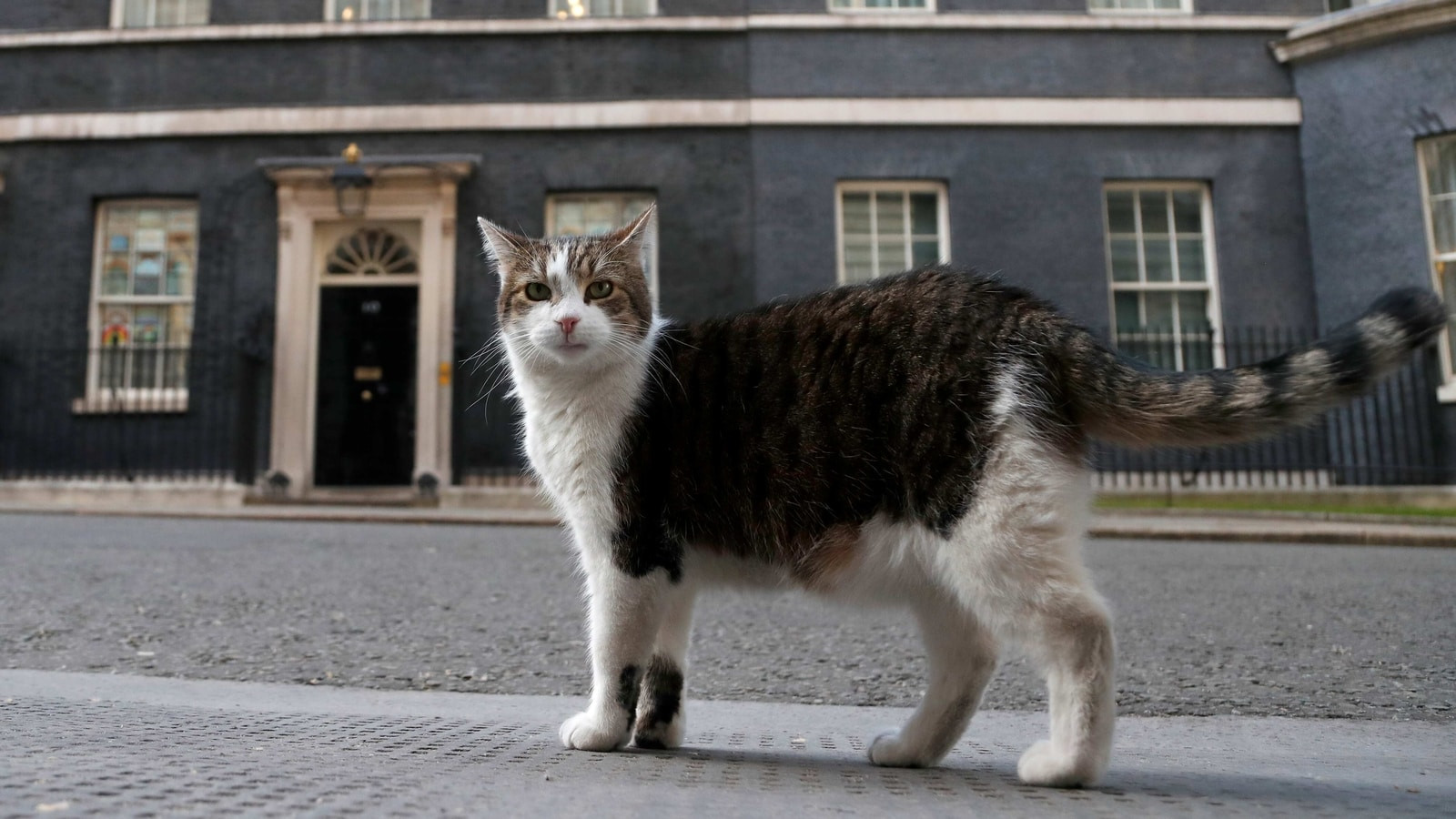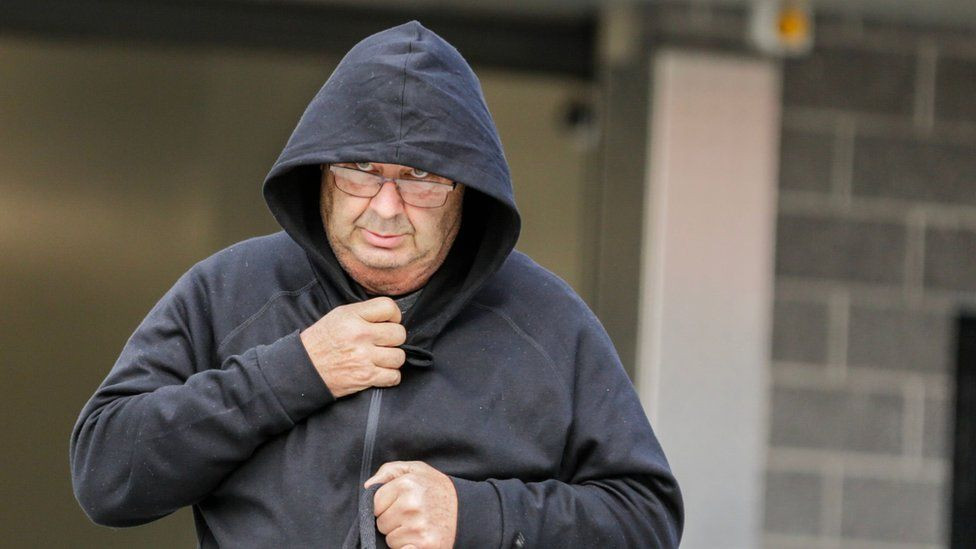Ireland's largest private student landlord accused the Government of taking a U-turn on previous housing policies by banning student housing groups from offering 51-week-only leases at their properties in the Republic. In a letter to Minister for Higher Education Patrick O’Donovan in July, UK group Global Student Accommodation (GSA) – which operates some 4,000 beds in the Republic through its Yugo partner platform – said it had invested in the Republic “on the basis of clear policy statements from Government” contained in a 2016 Department of Housing circular to planning authorities around the country.
That document stated that, due to the shortfall of student beds, “a flexible approach should be applied in respect of any planning conditions related to use/occupation of student accommodation”. This approach should “recognise the need to establish a steady rental income… throughout the year in order to ensure the deliverability of development projects from a funding point of view”. However, the Department of Housing also recommended at the time that “planning authorities should aim to avoid making permissions for student accommodation complexes subject to restrictions on alternative summer or holiday uses”. While such properties should be “safeguarded for use by students”, the department said planners should ensure the developments were “capable of being used for legitimate occupation by other persons/groups during holiday periods, when not required for student accommodation purposes”.
In response to queries from The Irish Times on Thursday, a GSA spokesman said the group’s experience of allowing tourists to rent its properties over the summer months is that it can create “operational challenges”. He said: “In Ireland, approximately 70 per cent of our students are international with many of them preferring to keep their accommodation during the summer months.”
Student Housing Policy: A Muddled Logic?
The controversy highlights the debate surrounding the adequacy and affordability of student housing in Ireland. Mairéad Farrell, Sinn Féin spokesperson on higher education, argued that the ambiguity in the circular’s language “sums up perfectly the muddled logic” underlying the delivery of student beds in Ireland. She criticized the focus on ensuring strong rental yields for investors, arguing that this approach is “completely counter to any notion of affordability, is not student-centred, and just serves to increase the cost of third-level education here.”
Legal Action Threat and Government Response
GSA’s letter to the Minister was released to The Irish Times as part of a Freedom of Information request. The document also revealed the company had threatened the Government with legal action over the Bill. GSA wrote to the Minister for Higher Education in mid-July warning him that it was “actively pursuing all legal options” after the Coalition approved the fast-tracking of the Act on July 2nd to allow it pass through the Oireachtas before the summer recess.
On Friday, a spokesman for the department reaffirmed the Government’s position on the policy. “Accommodation is the largest cost being faced by students and it is imperative that its impact and duration is minimised so that it is not a barrier to accessing and progressing through higher education,” he said.
Financial Performance and Market Dynamics
GSA International – a holding company in the group – reported after-tax profits in excess of £9.1 million (€10.8 million) at GSA in the 12 months to the end of June 2023 in accounts filed in London in May. In a report attached to the financial filings, the directors said the business had £4.6 billion of assets under management and was active across nine countries. The directors noted a “combination of growing demand and proportionally reduced [student housing] supply” was driving “rental growth” across the group’s key markets.
Unintended VAT Implications of Summer Lettings
Emergency legislation was recently introduced in Ireland in July 2024 which prohibits requiring students to agree to 51 week leases to let a room. Subsequent to the changes, landlords are likely to grant lettings to others in student accommodation properties during the Summer months. However, this could give rise to unintended VAT implications (both opportunities and risks) for landlords seeking to maximise yield from the property. In particular:
As you can see from the above, applying the correct VAT rate to a summer letting is a fact sensitive and complex exercise and the key distinction is whether the occupant could be regarded as a “guest”, rather than a student or an ordinary tenant. As such, and as a result of this change, landlords should carefully consider whether the use of its properties in the Summer months would constitute VAT exempt or VATable activities. Accordingly, given the complexity of the issue, please let us know if this is something that may impact on your business, as we would be more than happy to discuss the issues and provide.
The Future of Student Housing in Ireland
This ongoing debate between private landlords and the Irish government is likely to continue, with far-reaching implications for the future of student housing in Ireland. The government’s focus on affordability for students must be balanced against the need to attract investment and ensure a sufficient supply of housing. This challenging landscape demands careful consideration of the regulatory framework and its impact on both students and investors. The future of student housing in Ireland will depend on finding a solution that effectively addresses the needs of both parties.



















